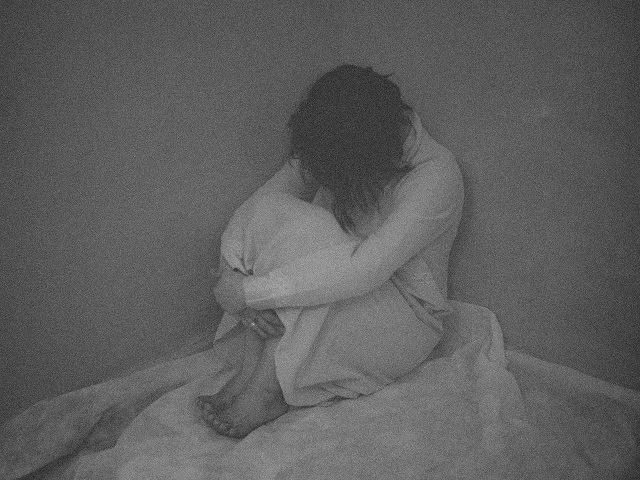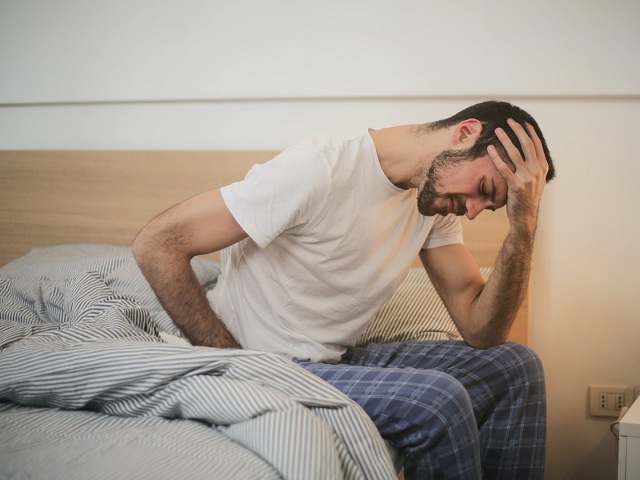9 Signs You May Have Depression -- Symptoms, Causes, Effects, Treatment and Prevention
Depression is a mental health disorder characterized by persistent feelings of sadness, loss of interest or pleasure in activities, and a range of emotional and physical symptoms. It is a common condition that can significantly impact a person's daily functioning and overall well-being.
Symptoms of Depression
The symptoms of depression can vary from person to person, but commonly include:
- Persistent feelings of sadness, emptiness, or hopelessness
- Loss of interest or pleasure in activities once enjoyed
- Changes in appetite and weight (either weight loss or weight gain)
- Sleep disturbances (insomnia or excessive sleeping)
- Fatigue or loss of energy
- Feelings of guilt or worthlessness
- Difficulty concentrating, making decisions, or remembering things
- Restlessness or slowed movements
- Recurrent thoughts of death or suicide
Causes of Depression
Depression can have various contributing factors, including:
- Biological factors: Imbalances in certain brain chemicals (neurotransmitters) can play a role in the development of depression.
- Genetic factors: Having a family history of depression or other mental health disorders can increase the risk.
- Environmental factors: Chronic stress, trauma, abuse, loss of a loved one, or significant life changes can trigger or exacerbate depressive symptoms.
- Medical conditions: Certain medical conditions, such as chronic pain, hormonal imbalances, or a history of other mental health disorders, may contribute to depression.
- Substance abuse: Misuse of drugs or alcohol can lead to or worsen depressive symptoms.
Effects of Depression
Depression can have a profound impact on an individual's life, including:
- Impaired social and occupational functioning
- Relationship difficulties and social isolation
- Reduced productivity at work or school
- Negative impact on physical health and increased risk of chronic conditions
- Increased risk of self-harm or suicide
- Reduced quality of life and overall well-being
Treatment of Depression
The treatment of depression usually involves a combination of therapies, including:
- Psychotherapy: Talk therapy, such as cognitive-behavioral therapy (CBT) or interpersonal therapy (IPT), can help individuals identify and modify negative thought patterns and develop coping skills.
- Medications: Antidepressant medications, such as selective serotonin reuptake inhibitors (SSRIs) or serotonin-norepinephrine reuptake inhibitors (SNRIs), may be prescribed to help alleviate symptoms.
- Lifestyle modifications: Engaging in regular physical exercise, practicing stress reduction techniques, maintaining a healthy diet, and ensuring sufficient sleep can support overall mental well-being.
- Supportive interventions: Support groups, self-help resources, and a strong social support network can provide emotional support and encouragement.
- Electroconvulsive therapy (ECT) or transcranial magnetic stimulation (TMS): These treatments may be considered in severe cases of depression that do not respond to other interventions.
Prevention of Depression
While depression cannot always be prevented, certain strategies may help reduce the risk or minimize the severity of depressive episodes:
- Building and maintaining a strong support system of family and friends
- Developing healthy coping mechanisms for stress and adversity
- Seeking professional help early if experiencing persistent feelings of sadness or other depressive symptoms
- Engaging in self-care activities and practicing emotional resilience
- Avoiding excessive alcohol or drug use
It is important to consult with a mental health professional for an accurate diagnosis, appropriate treatment, and ongoing support for depression.
References:
Depression. Mayo Clinic. Retrieved from https://www.mayoclinic.org/diseases-conditions/depression/symptoms-causes/syc-20356007
Depression. National Institute of Mental Health. Retrieved from https://www.nimh.nih.gov/health/topics/depression/index.shtml


















